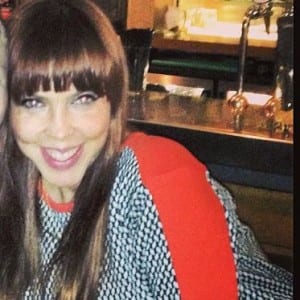Modern Languages & Its Unexpected Career Paths
By Weronika Z Benning, on 8 February 2016
By Andrew Scott – Head Fashion Buyer
I had never given much thought to modern languages until high school, but then why would I when it was never something which had been included in my curriculum? That soon changed the moment I sat down in my first French lesson. The whole concept had me gripped from that moment, as I started to enjoy learning in a way which I never had before. Language combines the theory of traditional core subjects with a hint of personal expression which you only get through art based subjects providing the middle ground I unknowingly required.
Needless to say I excelled in language and it was a natural step for me to carry this on through to college and then university.
For me, the novelty of studying modern languages and the sense of accomplishment which came with it never wore off, so I guess I was one of the lucky ones who came out of university with a clear sense of direction.
Immediately out of university I explored the typical avenues of employment such as translating and interpreting, although I knew this wasn’t a long term career path and I soon moved on to a role within an international company. Whilst I enjoyed this fast paced environment, I couldn’t ignore the pull to get involved in the world of fashion, which was the industry my parents both operated in.
I was surprised how strongly the industry demanded my language skills in many different areas, which gave me a much wider choice of career than I had ever thought. I am now the head fashion buyer of Infinities Menswear, a role which constantly demands my language skills and takes me all over Europe. On a daily basis I speak on the phone with our global suppliers and regularly attend international fashion shows and buying meetings. The ability to communicate with people in their own dialect goes a long way in terms of building relationships and it is personally enjoyable to use my languages in practice.
Thinking back to my university days, I never would have predicted that I would have the career I have today and I feel very fortunate to think that I have been able to combine my two passions in life in such a way.
I fear that many people believe modern languages commands a very narrow career path, which is a misconception I am keen to correct for anyone considering or currently studying modern languages. In reality, a modern languages qualification provides you with an edge over the competition in a wide range of roles within a multitude of different industries.
The world is your oyster, learn how to communicate in it!
 Close
Close


